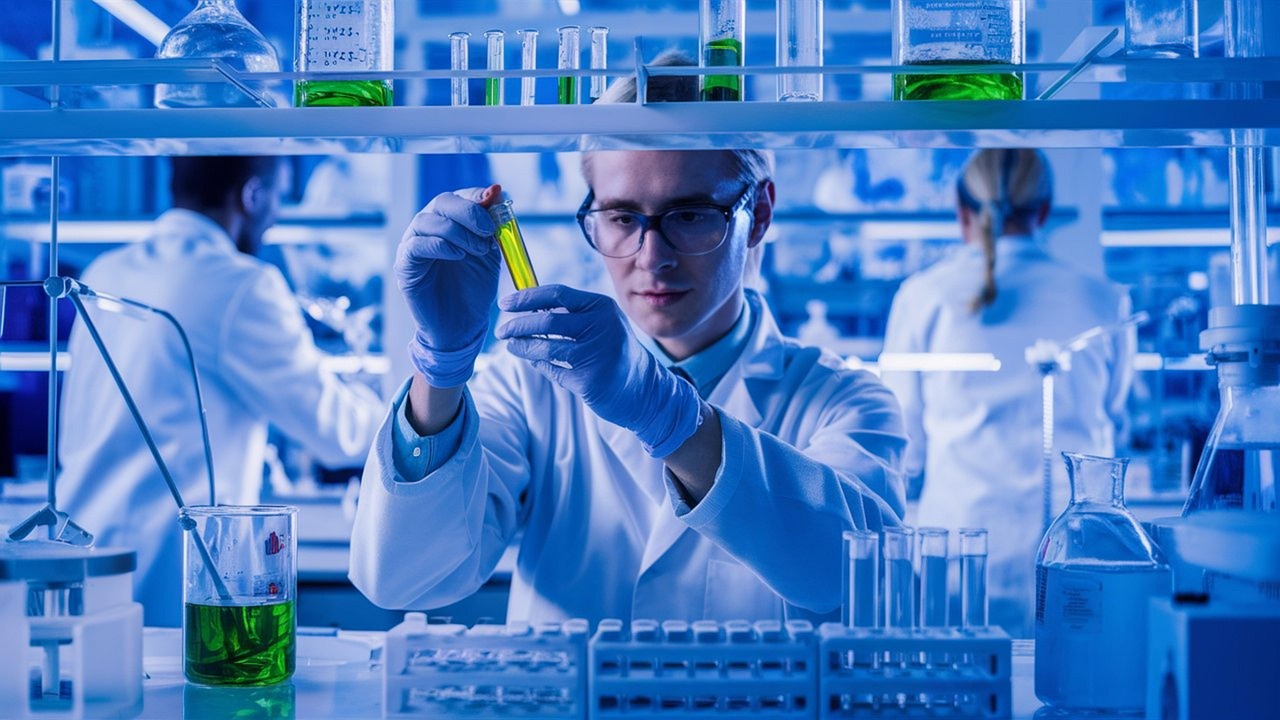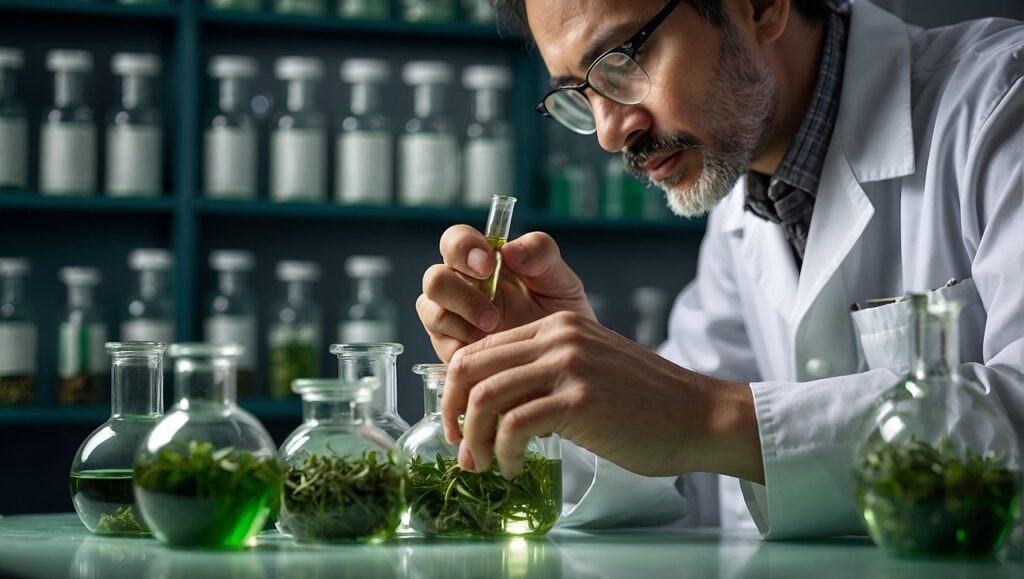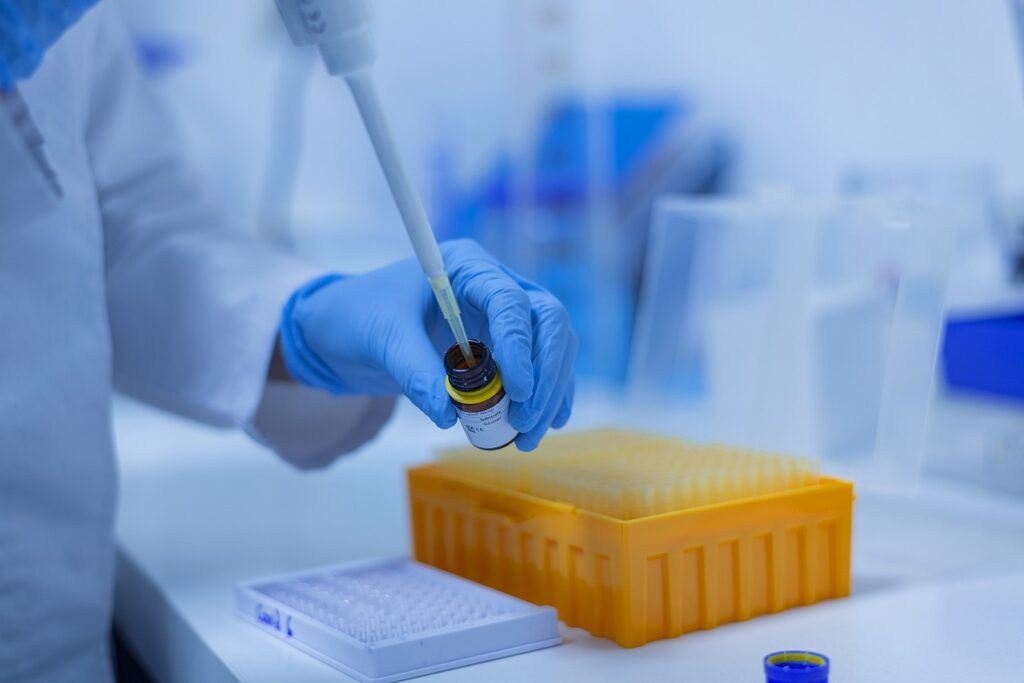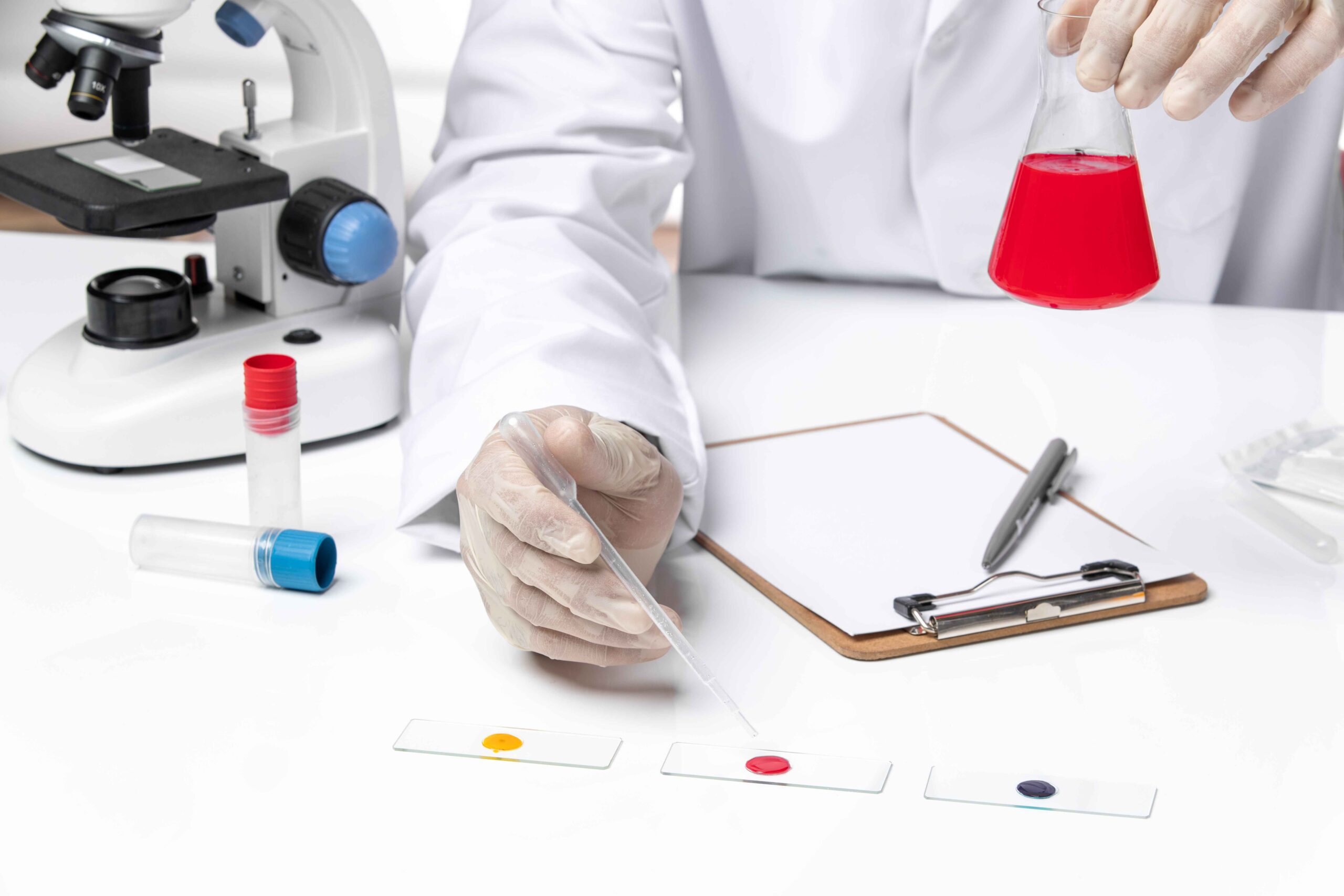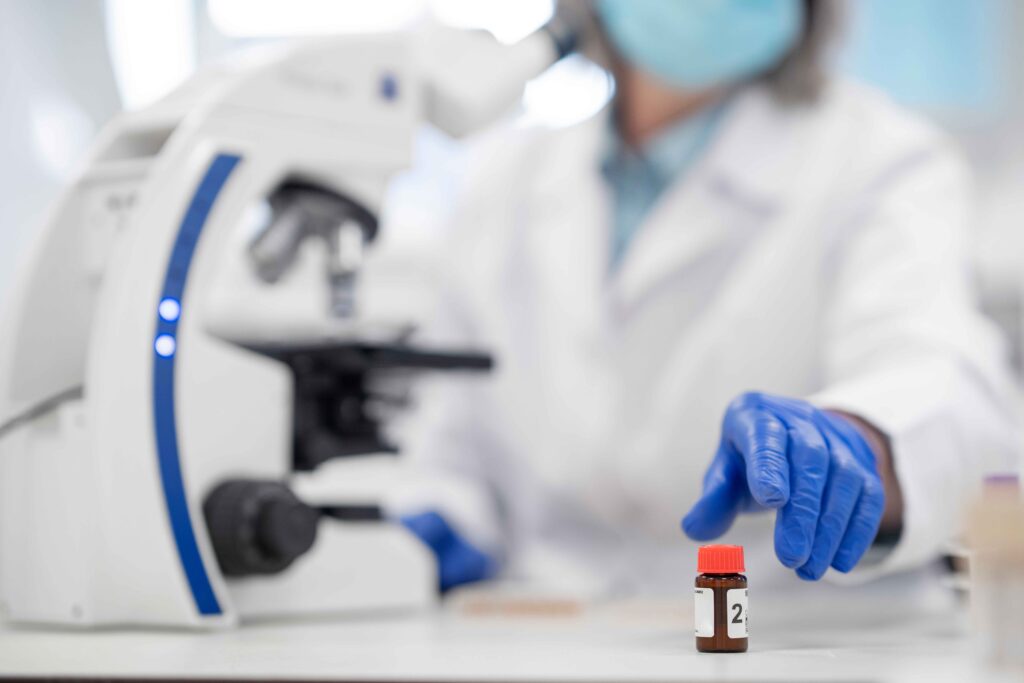Introduction
The need for trustworthy food testing labs in India has increased dramatically as people's knowledge of food safety and health issues has grown. Food makers must adhere to strict safety regulations, and consumers are becoming more picky about what they eat. Mislabeling, contamination, and adulteration of food are major problems that can have detrimental effects on one's health. Food testing labs in lab serve as the nation's mainstay for food safety in such a situation.
The necessity of food testing, the function of a food testing lab in India, the kinds of tests carried out, and the advantages they provide to consumers and businesses will all be covered in this blog.
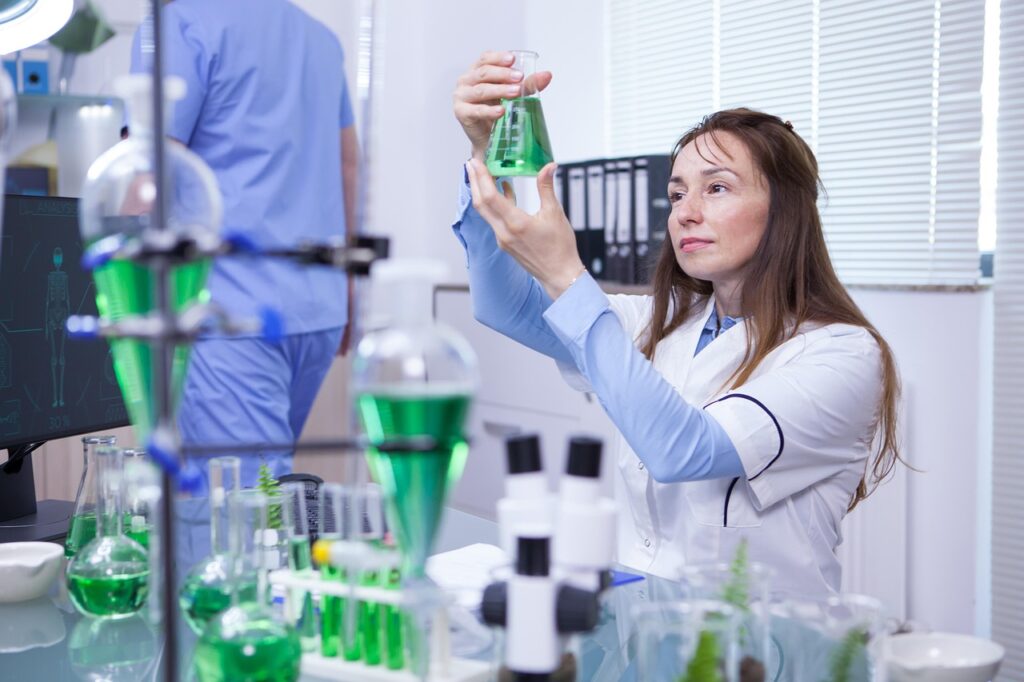
Why Food Testing Is Crucial in India
India confronts several food safety issues because it is a varied nation with a sizable food industry that includes both small vendors and large food conglomerates. Typical issues include:
- Food adulteration: Use of harmful additives or diluting agents.
- Contamination: Due to poor handling, storage, or processing.
- Mislabeling: Incorrect nutritional and ingredient information.
- Pesticide residues: Especially in fruits and vegetables.
- Heavy metals and toxins: Often found in seafood, grains, and water.
By testing, certifying, and guaranteeing adherence to national and international standards, the food testing lab in India plays a crucial role in addressing these problems.
Role of a Food Testing Lab in India
In India, a food testing lab is a recognized establishment that assesses food samples for compliance, safety, and quality. These laboratories follow the rules set forth by authorities such as:
- FSSAI (Food Safety and Standards Authority of India)
- NABL (National Accreditation Board for Testing and Calibration Laboratories)
- ISO (International Organization for Standardization)
Functions of a Food Testing Lab
- Quality Control: Ensures food meets the expected standard in terms of flavor, texture, aroma, and nutritional value.
- Safety Analysis: Detects the presence of harmful substances like pathogens, heavy metals, toxins, and pesticides.
- Label Validation: Verifies the accuracy of nutrition labels, allergen declarations, and ingredient lists.
- Shelf-Life Testing: Determines the duration for which a food product remains safe and effective.
- Regulatory Compliance: Helps businesses comply with FSSAI and export standards.
Types of Tests Conducted in Food Testing Labs
A comprehensive food testing laboratory in India provides a variety of testing services, such as:
1. Microbiological Testing
This test finds parasites, fungi, viruses, and bacteria that can lead to foodborne diseases. Salmonella, E. Coli, and Listeria are among the frequently tested pathogens.
2. Chemical Testing
Examines the chemical makeup to find:
- Pesticide residues
- Heavy metals (like lead, mercury, cadmium)
- Preservatives and colorants
- Nutritional content (proteins, fats, carbohydrates, vitamins)
3. Allergen Testing
Identifies common allergens, including dairy, soy, peanuts, and gluten; this is particularly important for products that are labeled "allergen-free."
4. Adulteration Testing
Tests to check for adulterants such as artificial coloring in spices, argemone oil in mustard oil, and starch in milk.
5. Shelf-life and Stability Testing
Determines how long, under given circumstances, a food product may maintain its safety and quality.
6. Packaging Testing
Evaluates if food interactions or long-term contamination are caused by packing materials.
Accredited Food Testing Labs in India
India boasts a large number of accredited labs offering world-class food testing services. Some reputed names include:
- Intertek India
- Eurofins Analytical Services
- SGS India
- TÜV SÜD South Asia
- FICCI Research and Analysis Centre (FRAC)
- National Test House (NTH)
- Envirocare Labs
- Equinox Labs
These labs are strategically located in cities like Delhi, Mumbai, Bengaluru, Hyderabad, and Chennai, making food testing accessible across the country.
Food Testing Regulations in India
Food safety in India is governed primarily by the FSSAI, which has established detailed guidelines on:
- Sampling procedures
- Permissible limits for contaminants
- Labeling norms
- Import/export food testing
All food testing labs in India must be NABL accredited and recognized by FSSAI to conduct legally valid tests.
Key FSSAI Initiatives:
- Eat Right India Movement
- FoSCoS (Food Safety Compliance System)
- Surveillance drives for adulteration
These initiatives underscore the importance of a strong food-testing ecosystem.
Importance of Food Testing for Food Businesses
There are several advantages for producers, merchants, exporters, and eateries to collaborate with an accredited food testing laboratory in India:
1. Regulatory Compliance
Respect food safety laws to prevent severe fines and product recalls.
2. Consumer Trust
By guaranteeing product quality and safety, you can increase consumer loyalty and brand reputation.
3. Product Development
Before introducing new items to the market, test them for shelf life and nutritional claims.
4. International Trade
Comply with import/export regulations and obtain the certifications needed for international markets.
Benefits for Consumers
Food testing not only benefits businesses but also empowers consumers:
- Informed Choices: Reliable labeling allows healthier decisions.
- Health Protection: Prevents exposure to harmful toxins and allergens.
- Legal Recourse: Consumers can raise complaints supported by lab reports.
Future of Food Testing Labs in India
The Indian food testing sector is witnessing rapid advancements thanks to:
- Technological Innovations: Use of AI, automation, and blockchain for traceability.
- Portable Testing Kits: Rapid testing solutions for on-field inspections.
- Digital Integration: Cloud-based lab reporting and online submissions.
- Sustainability Focus: Testing for eco-labels, organic claims, and carbon footprints.
In the upcoming years, the importance of a food testing lab in India will only increase due to the rising demand for organic and clean-label products.
Choosing the Right Food Testing Lab in India
When selecting a lab, ensure the following:
- Accreditation: NABL and FSSAI approval is a must.
- Range of Services: Should offer microbiological, chemical, and nutritional testing.
- Turnaround Time: Efficient reporting within industry timelines.
- Experience & Reputation: Look for labs with a strong track record and reliable customer service.
- Transparency: Labs should offer clear insights into test methods and reporting formats.
Conclusion
Food safety is a moral imperative as well as a legal necessity. There is an indisputable need for trustworthy food testing labs in India as customers seek more transparency and healthier food options. Understanding the significance of food testing is crucial for a healthier future, regardless of whether you are a food maker, exporter, or regular consumer.
Food testing labs are the unsung heroes of the food supply chain, doing everything from detecting pollutants to guaranteeing compliance and customer pleasure. Make informed decisions, conduct frequent testing, and help create a more secure and reliable food environment in India.


